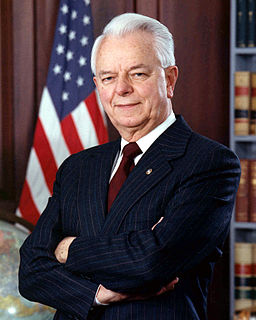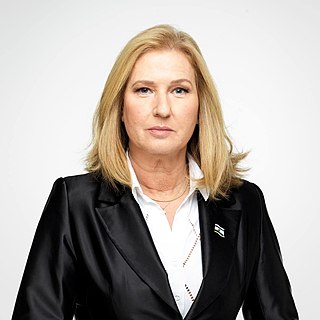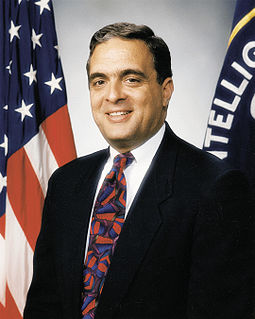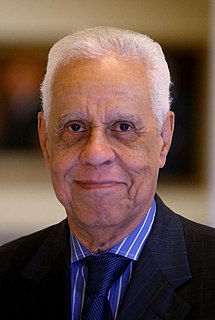A Quote by Mark Steyn
One lesson of Sept. 11 is that a government that tries to do everything is likely to do most of it badly.
Quote Topics
Related Quotes
In history, one gathers clues like a detective, tries to present an honest account of what most likely happened, and writes a narrative according to what we know and, where we aren't absolutely sure, what might be most likely to have happened, within the generally accepted rules of evidence and sources.
Before Sept. 11, the idea that Americans would voluntarily agree to live their lives under the gaze of a network of biometric surveillance cameras, peering at them in government buildings, shopping malls, subways and stadiums, would have seemed unthinkable, a dystopian fantasy of a society that had surrendered privacy and anonymity.






































